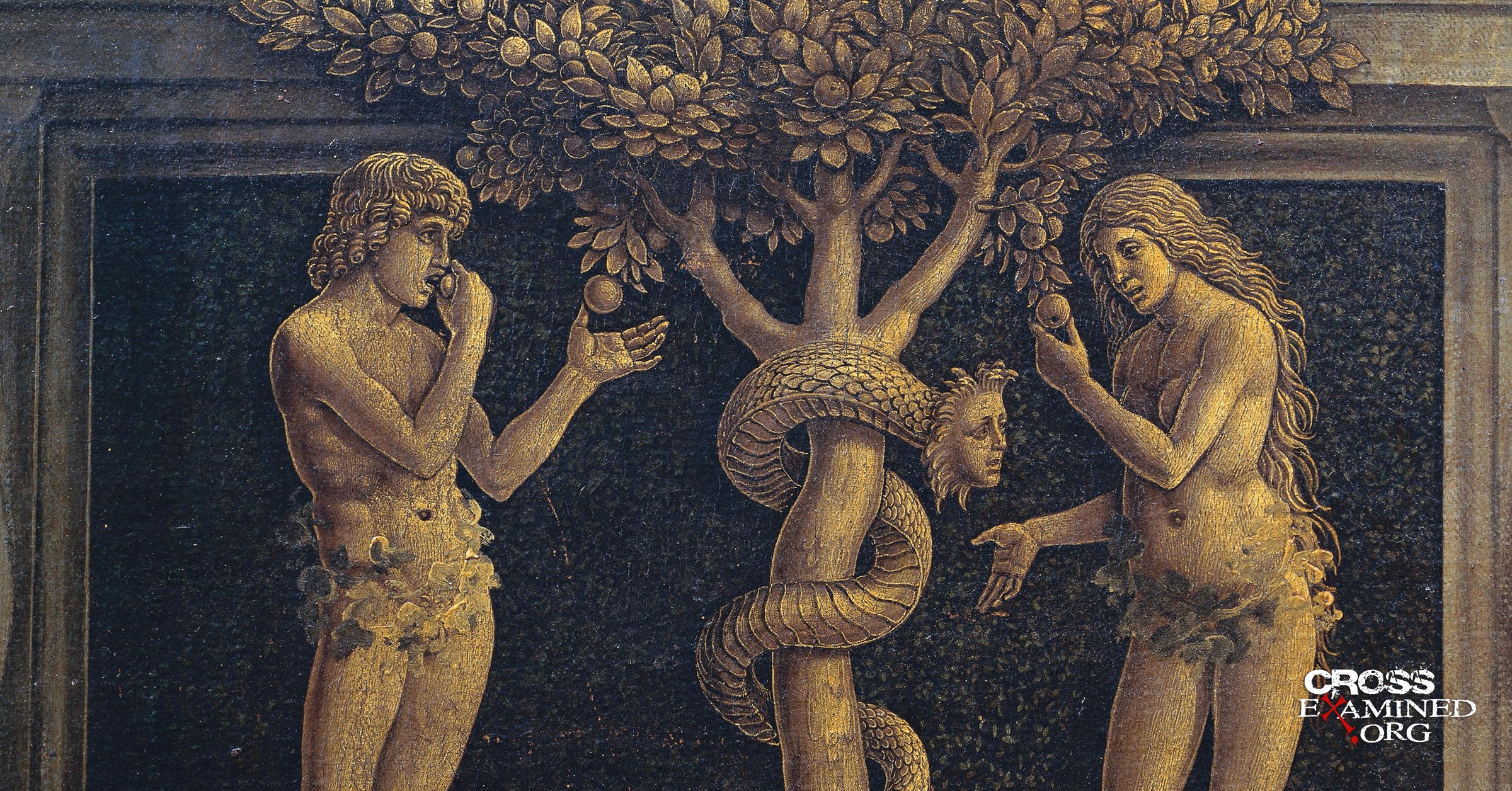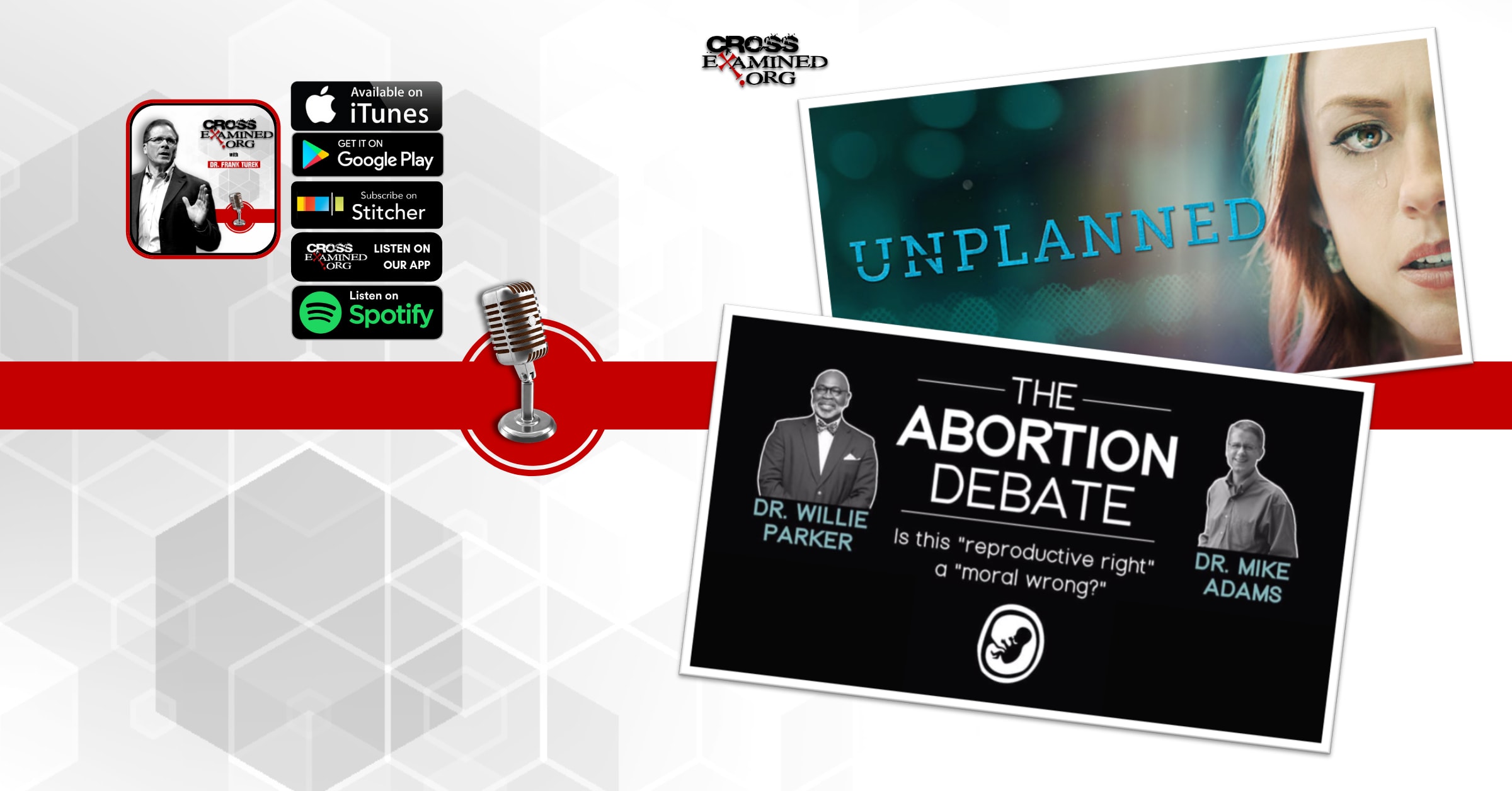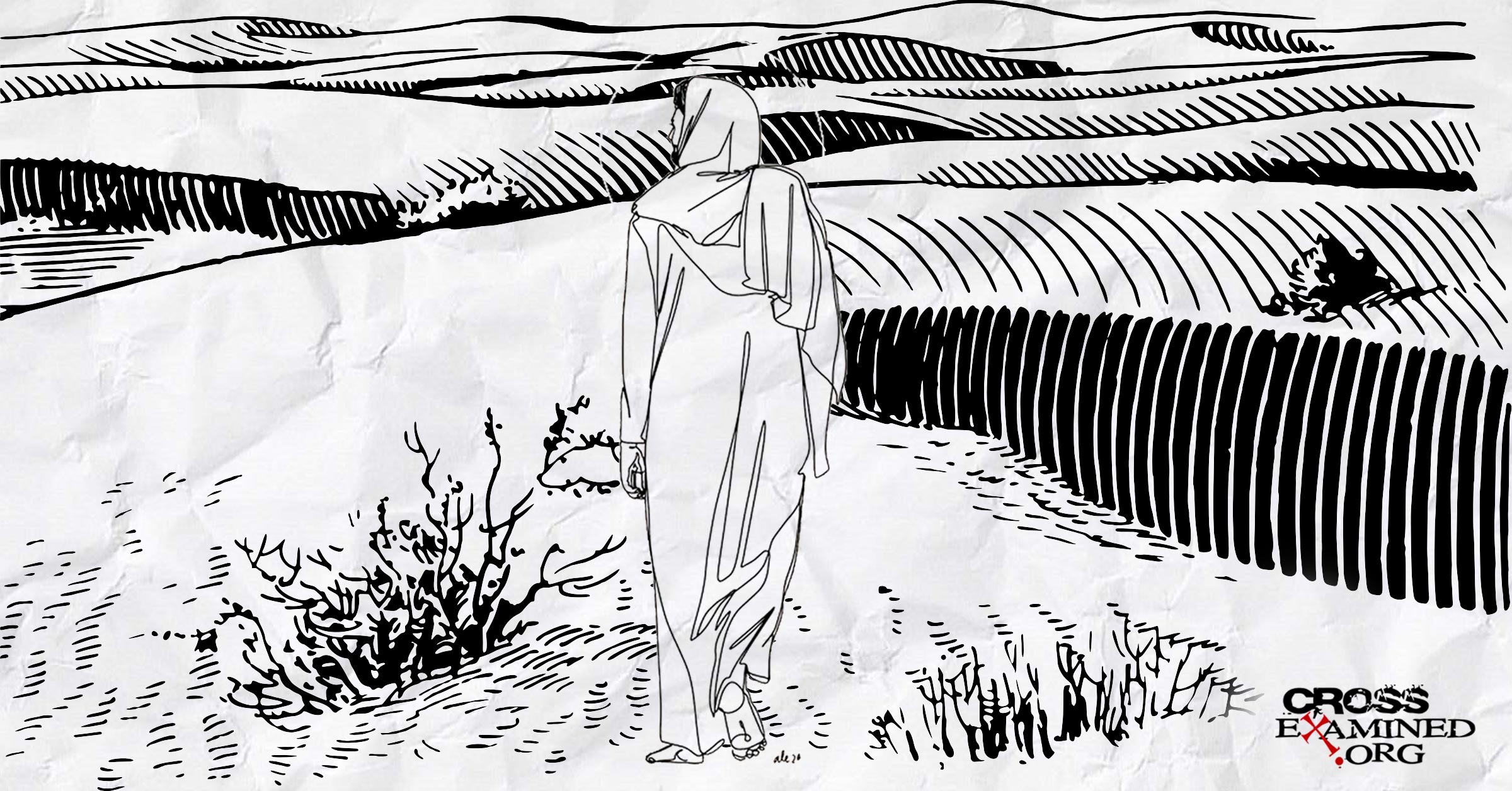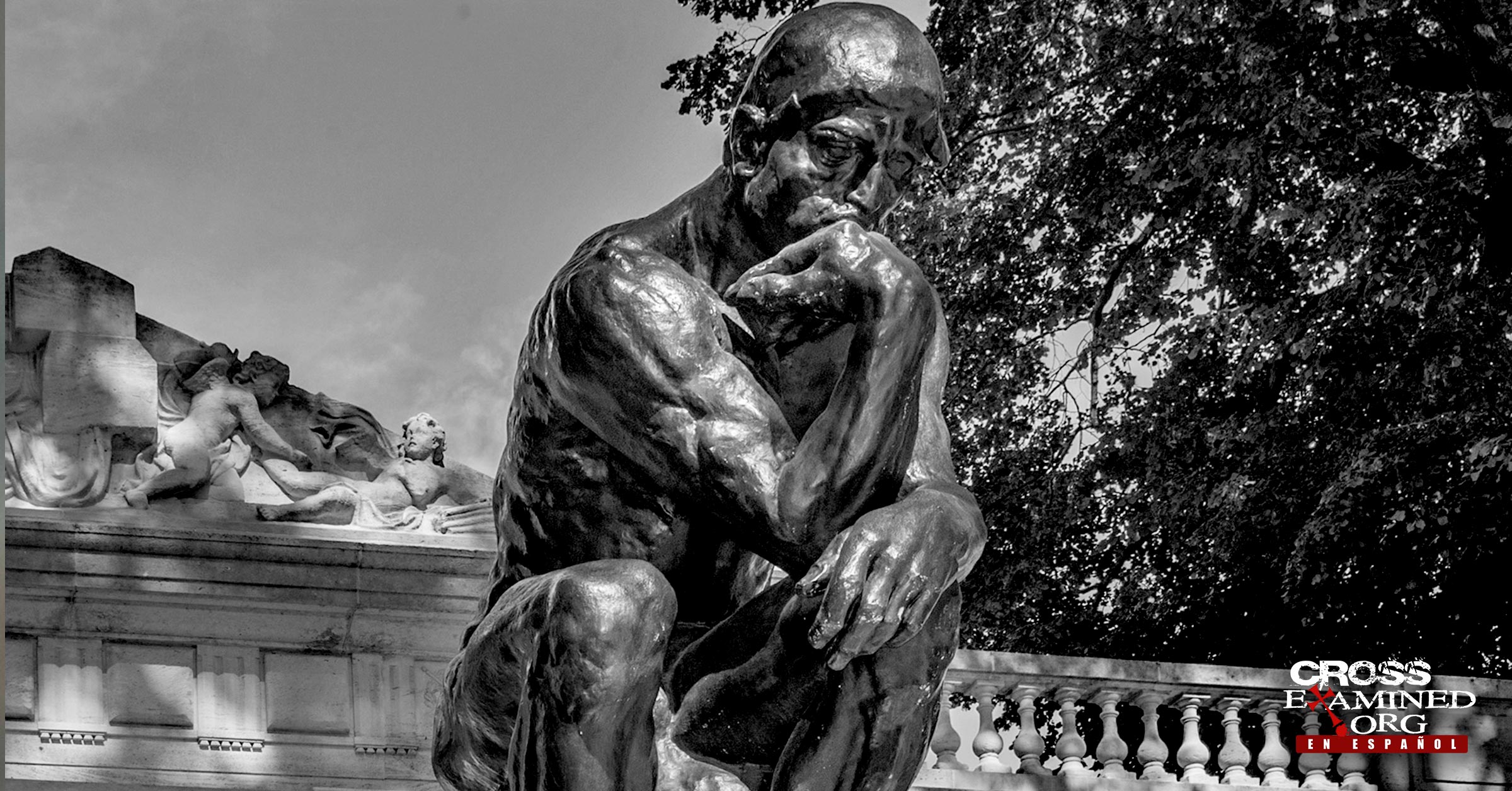Why Most Doubts About God Are Emotional, Not Intellectual (Part II)
By Mike Taylor
How to Deal with Emotional Doubt
Most of the time in our lives, it’s not the facts of the situations around us that are important; it’s how we process those facts. Similarly, the worst kind of a pain in our lives is not from what happens to us but how we download it or process it.
For people dealing with emotional doubt, when something bad happens, they give themselves permission to let those events determine why they have problems. However, beliefs (i.e., the way we download information) are the things that stand between those events that happen to us and the consequences that come from them.
Events alone rarely cause all the consequences we experience. Events plus negative or detrimental beliefs about those events often cause excessive consequences. So, when we say negative things to ourselves about things that matter to us – things like “What if God doesn’t really love me?” – it’s important to refute those thoughts with “That’s not true because…” It’s all about how you talk to yourself about the events in your life because most of us lie to ourselves without even realizing it.
Here are a couple of simple steps to dealing with this type of emotionally-driven thought pattern:
1. Locate the misbelief
Usually, there’s a primary and secondary misbelief. You might tell yourself something that’s untrue, but there’s usually a deeper lie about life beneath that. As yourself, “Why do I have a hard time believing this?” or, “Why does this seem so unlikely to me?” Don’t just shut down the idea of trusting God because it’s difficult to believe. Be willing to explore your reasons for not believing.
For example, for many people, distrust is bred over time as a result of painful situations such as abandonment, neglect, abuse, or some other type of emotional damage we experience. When those negative memories and thought patterns are left unchecked, they can create in us a mindset that people are not to be trusted. As subtle as it may be in us when we approach evidence for God with this distrusting mindset as our basis, no amount of factual evidence is going to break through our barrier. It’s only by moving to step two that we can take a truly unbiased look at evidence for God.
2. Remove and replace
Once you’ve identified the root of the emotional doubt, it’s important to confront those doubts with empirical truth – truth that can be verified through observation and experiences (i.e., the resurrection of Jesus, the goodness of God as evident in creation, etc.).
The best way to do this is to simply remind yourself, “That’s not true because…” Replace the misbelief with an evidence-based truth. Change your perspective and choose to see things from a neutral perspective instead of from the negative, misleading perspective. After all, most emotional doubters are anxious doubters. They’re being anxious or obsessive-compulsive by doubting. It’s not a rational issue they’re dealing with.
It’s important to address emotional doubts because if you allow yourself to be dominated by your emotions rather than what’s true, eventually, you’re at risk of simply giving up and completely turning off to God. That’s what Dr. Habermas calls volitional doubt.
Volitional doubt describes people who know Christianity is true, but they’re typically mad at God, and they’ve turned away from God completely. This can happen for a variety of reasons, but it’s a matter of the will. It’s an unwillingness to believe despite known truth. God loves you enough to give you freedom, and using that freedom to walk away from Him is the one thing He can’t save you from – not because He isn’t able, but because He loves you too much to force you to be with Him if you don’t want to.
The good news is, you’re in control of your doubts. You get to decide what to do with them and how to manage them. Remember that the most damage that occurs in our lives is not from what happens to us but how we process it. So, understanding the necessary facts is key, but then reminding yourself of those facts in negative situations is also vital. After all, the facts about God don’t change just because your circumstances change.
This is where faith comes in.
In Scripture, the word for “hope” refers to a grounded hope, not a hope in something you don’t know about. That hope comes from faith that is grounded in facts.
Faith does what reason can’t do. Faith says, “This can be trusted.”
Faith says, “Quit asking ‘what if’ about stupid questions when you already have good answers. Reason says, “Here are good responses.” Faith says, “Those are good enough. You can trust those. Walk-in it.” Faith comes along and says that belief is warranted.
Faith is trusting the evidence. It’s okay to keep studying to build on good answers, but not because you have to keep answering the same question every day.
You have to train the habit of faith. Learn the art of learning enough and then letting go. And faith is not going to stay there if you ignore it. That’s why people who follow Jesus read the Bible, worship, fellowship with other Christians, etc. because it reinforces our faith when we hang around people who don’t think they have to answer the same questions every day.
Remember: The gospel is the most important message in the Bible, and it’s the one doctrine that is the most supported by evidence. In other words, God put the most evidence for the most important thing we need to know.
So, minimize the importance you place on periphery issues. It will save you a lot of stress and wasted time. Look to answer the most important central doctrines:
- Jesus is the Son of God.
- Jesus died on the cross for our sins.
- Jesus was resurrected from the dead.
Then, if that’s not working and something is still nagging at you, and you’re in pain, then you’re probably experiencing emotional doubt.
You can read the first part here.
[This article was an adaptation from my book Grounded Faith for Practical People. You can download it for free at MikePTaylor.net]
Recommended resources related to the topic:
Doubt by Gary Habermas (DVD)
Emotional Doubt by Gary Habermas (CD)
Mike Taylor is an author and speaker who communicates God’s love to a new generation in a way that makes sense. His book Grounded Faith for Practical People addresses some of the most difficult questions about Christianity and simplifies them in a visual format that makes it easy to understand and share. You can download his book for free at MikePTaylor.net and follow him on Instagram @mikephilliptaylor.
[/et_pb_text][/et_pb_column][/et_pb_row][/et_pb_section]












Leave a Reply
Want to join the discussion?Feel free to contribute!